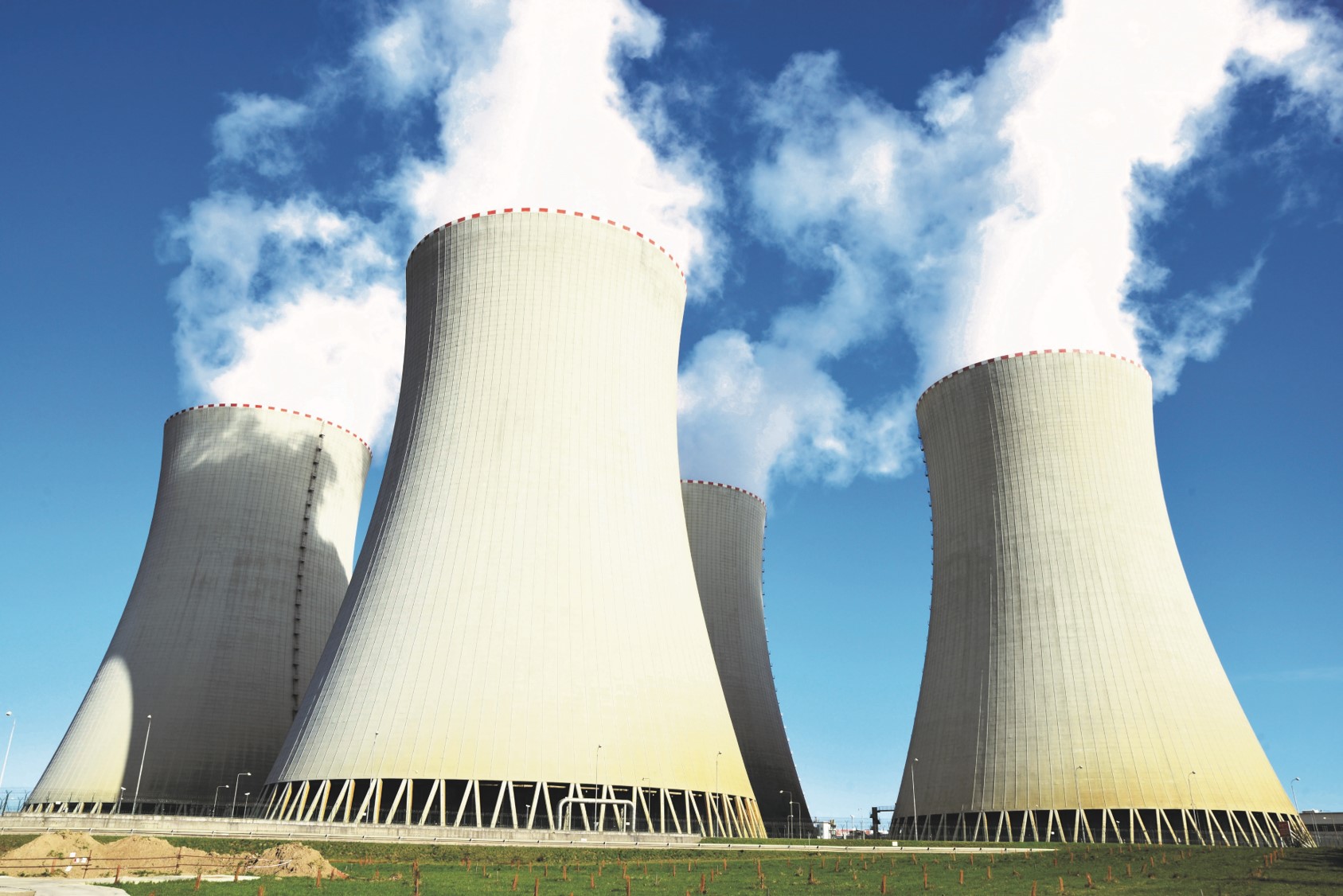The 2021 Test, Research and Training Reactors (TRTR) Annual Conference concluded on Thursday, October 21, as closing remarks were made by Mr. Ayman Hawari, Chair of the TRTR Executive Committee. This virtual, four-day conference covered a broad array of topics and challenges for the US TRTR fleet, primarily composed of national lab and university member organizations. Topics included advanced reactors, licensing processes, and various modernizing TRTR modifications both planned and recently completed. A common theme throughout the conference was summarized by NRC Commissioner David Wright’s keynote address: Innovation and modernization are transforming the industry.
Innovation
The conference began with discussing leading research and development needs within the industry driven by advanced reactor deployment plans. This led to the highly anticipated Monday afternoon panel of industry participants from GE Hitachi, BWX Technologies, General Atomics, Kairos Power, NuScale, TerraPower, Terrestrial Energy, Westinghouse, and X-Energy, who each showcased their advanced reactor designs and the unique roles that each can play in meeting the United States’ carbon-free goals.
Representatives from national labs and universities that are home to non-power production and utilization facilities (NPUFs) took the floor to highlight ongoing research supporting the development of advanced reactors with a plurality of projects featuring molten salt materials research. Much of this innovation and research is supported by Department of Energy (DOE) programs and funding such as the Advanced Reactor Demonstration Project, Advanced Reactor Regulatory Development Program, the Nuclear Research and Innovation Center, the Gateway for Accelerated Innovation in Nuclear program, and others.
University research reactors have steadily declined in number since a peak around 1980. One apparent need is for students to have access to the hands-on training only provided by these reactors that will best prepare them as a workforce and provide the infrastructure for the increasing research needs of the nuclear industry.
Modernization
The Nuclear Regulatory Commission (NRC) in 2019 reorganized the Office of Nuclear Reactor Regulation and Office of New Reactors into the Division of Advanced Reactors and Non-Power Production and Utilization Facilities to utilize the strengths of each division to meet the upcoming needs of safe deployment of advanced reactors. Many licensing processes are undergoing modernization revisions, and NPUFs are often the first to utilize these. Various actions over the previous year were highlighted to share lessons learned and best practices with the NPUF organizations, such as the benefits of pre-application engagement with the NRC in new licensing efforts.
On Tuesday, Mr. Chinmay Patel, Client Services Manager for Enercon Federal Services, Inc. (ENERCON), presented how ENERCON is well qualified and ready to support a wide range of services, including infrastructure design, environmental studies, permitting, and licensing support. ENERCON has a robust track record of design services for TRTR organizations, including current projects such as the INL NRIC DOME and LOTUS conceptual designs and successfully completed projects such as the modification to increase the NC State Reactor’s thermal megawatt output.
Digital upgrades and I&C systems were the only types of infrastructure upgrades and enhancements featured in the Wednesday afternoon session. Control consoles originating in the 1970s are now needing replacement with modern control systems. These modifications both now and planned for the future are driving the preparation of regulatory guidance on the application of 50.59s at NPUFs with NRC endorsement of NEI 21-06 Rev. 0 expected in 2022.
Next Steps
As advances in the nuclear industry are becoming more tangible, the enthusiasm of the TRTR community was perhaps best captured in the remarks made by Dr. Caleb Brooks of the University of Illinois:
We’re all about education, training, and outreach. We’ve got to develop the next generation of a sustainable energy workforce and do it in a place where the public can really witness it. Let’s do the research necessary to make this technology successful. The next generation of nuclear requires the next generation of methodologies and systems.

